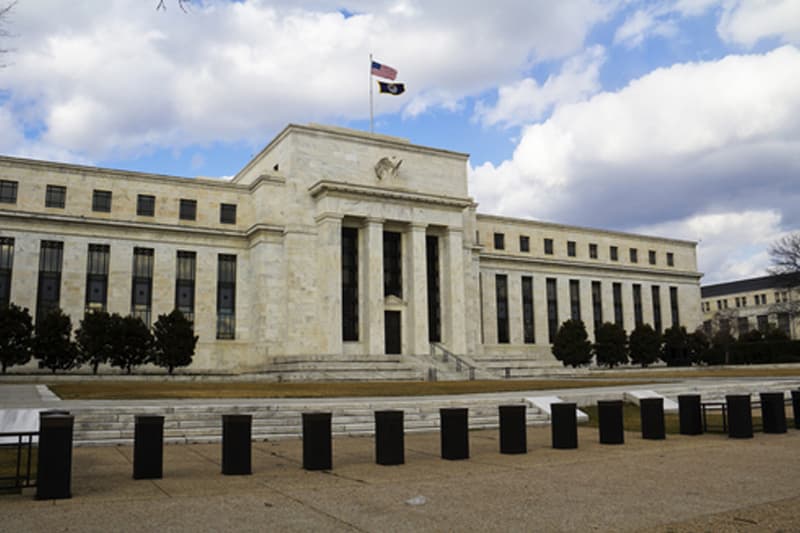President Donald Trump's tariff policy is likely to be in the spotlight again this week when the Supreme Court hears oral arguments on the legality of these fees on Wednesday.
The case was referred to the Supreme Court after lower courts ruled that the president had exceeded his authority by applying emergency federal measures to impose increased tariffs on a number of countries.
It remains unclear whether the court's conservative majority (6-3) will support Trump's use of the International Emergency Economic Powers Act of 1977 (IEEPA), although the Supreme Court has repeatedly backed Trump in other key decisions this year.
Trump became the first U.S. president to use IEEPA as the legal basis for imposing widespread tariffs, arguing that the $1.2 trillion U.S. trade deficit in 2024 and the deaths of Americans from the painkiller fentanyl are national emergencies.
If the tariffs are lifted, Trump will lose a key tool that he used in negotiations with foreign countries during his second term in office.
However, U.S. Treasury Secretary Scott Bessent said he expects the high court to uphold the fees based on IEEPA. Bessent added that if this does not happen, the White House may use other tariff powers, including one that allows for 15% tariffs for 150 days to eliminate trade imbalances.
"We expect markets to respond to the arguments, but caution that the judges' skepticism of the U.S. government's arguments is not in itself a clear signal that they will lift tariffs," Raymond James analysts, including Ed Mills and Ellen Ernruth, said in a statement.
But analysts highlighted the questions posed, in particular, by Supreme Court Justices John Roberts and Neil Gorsach, saying that "the chances of canceling tariffs" could increase if they "express skepticism."
